

2019-04-05 08:25:00 Fri ET
stock market gold oil stock return s&p 500 asset market stabilization asset price fluctuations stocks bonds currencies commodities funds term spreads credit spreads fair value spreads asset investments
Warren Buffett places his $58 billion stock bets on Apple, American Express, and Goldman Sachs. Berkshire Hathaway owns $18 billion equity stakes in American Express and Goldman Sachs, and both stocks sharply trail S&P500 in recent years. Meanwhile, Berkshire Hathaway owns another $40 billion in Apple. Buffett focuses not on Apple revenue growth from quarter to quarter, but rather the broad network of hundreds of millions of iPhone and iPad users worldwide. Goldman experiences transient stock market undervaluation due to its notorious involvement in the 1MBD Malaysian bond scandal (which may result in fines up to several billions of dollars). Also, American Express executes several strategic partnerships in e-commerce payments, and continues to face fierce competition from the other major credit card bellwethers Visa and MasterCard.
Buffett views this unique collection of U.S. stocks as a set of public companies that Berkshire Hathaway partly owns in the long run. Without excessive levels of debt, these stocks earn 15%-20% steady profits on net tangible equity capital that Buffett requires to run the stock investment business. Berkshire Hathaway experiences a healthy fundamental increase in the market value of common stock investments from $170 billion to almost $173 billion from 2017-2018 to early-2019.
If any of our AYA Analytica financial health memos (FHM), blog posts, ebooks, newsletters, and notifications etc, or any other form of online content curation, involves potential copyright concerns, please feel free to contact us at service@ayafintech.network so that we can remove relevant content in response to any such request within a reasonable time frame.
2020-11-24 09:30:00 Tuesday ET
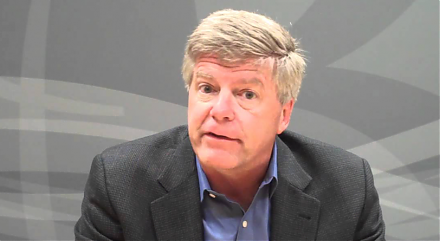
Many analytic business competitors can apply smart data science to support their distinctive capabilities and strategic advantages. Thomas Davenport and
2018-09-07 07:33:00 Friday ET
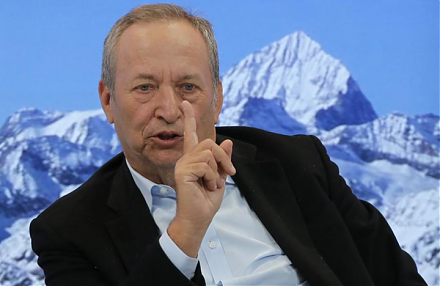
The Economist re-evaluates the realistic scenario that the world has learned few lessons of the global financial crisis from 2008 to 2009 over the past deca
2018-09-25 10:35:00 Tuesday ET

Sirius XM pays $3.5 billion shares to acquire the music app company Pandora. This acquisition would form the largest audio entertainment company worldwide.
2018-11-03 11:36:00 Saturday ET
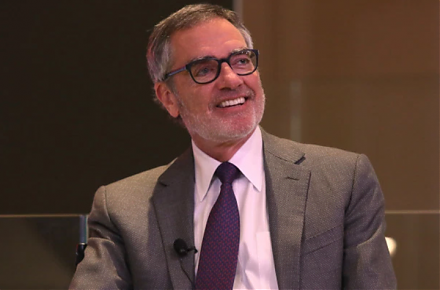
Apple adds fresh features to its new iPad Pro and MacBook Air in addition to its prior suite of iPhone XS, iPhone XS Max, and iPhone XR back in September 20
2018-01-04 07:36:00 Thursday ET
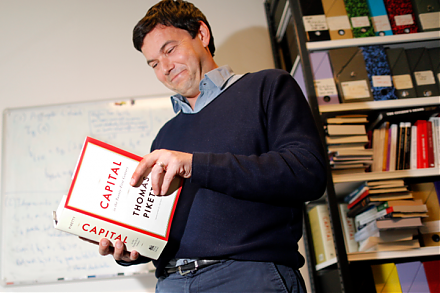
The world now faces an economic inequality crisis with few policy options. Some recent U.S. Federal Reserve data suggest that both income and wealth inequal
2019-05-05 10:34:00 Sunday ET
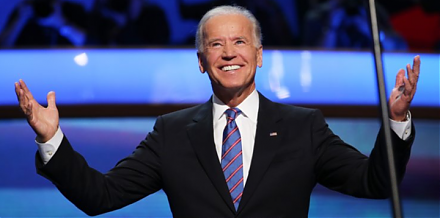
Former Vice President Joe Biden enters the next U.S. presidential race with many moderate-to-progressive policy proposals. At the age of 76, Biden stands ou